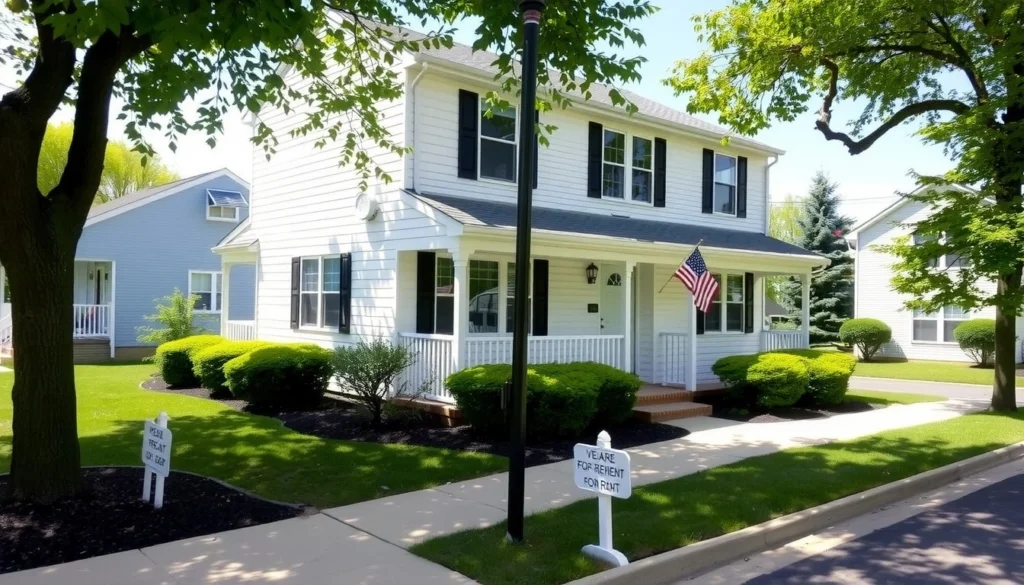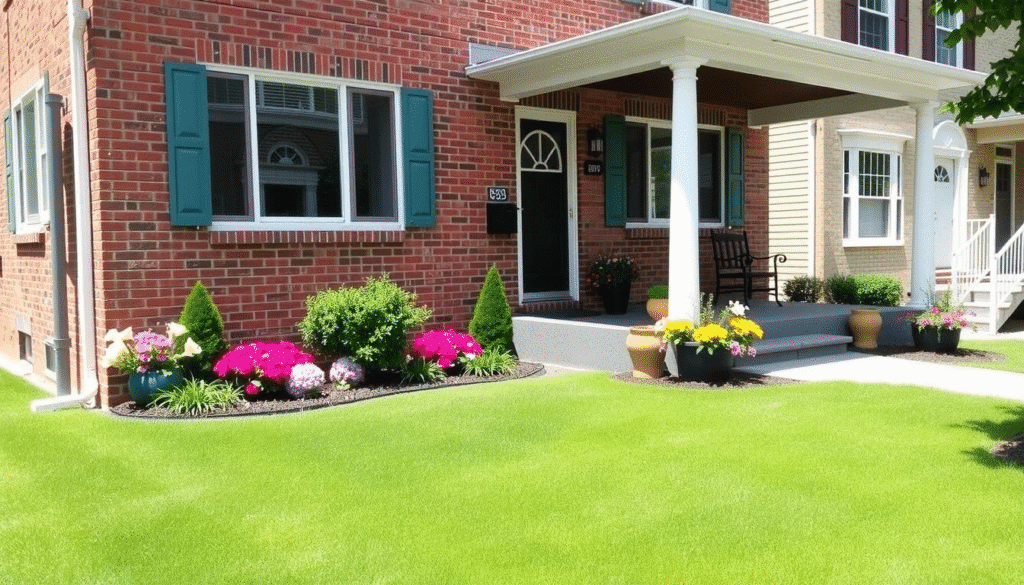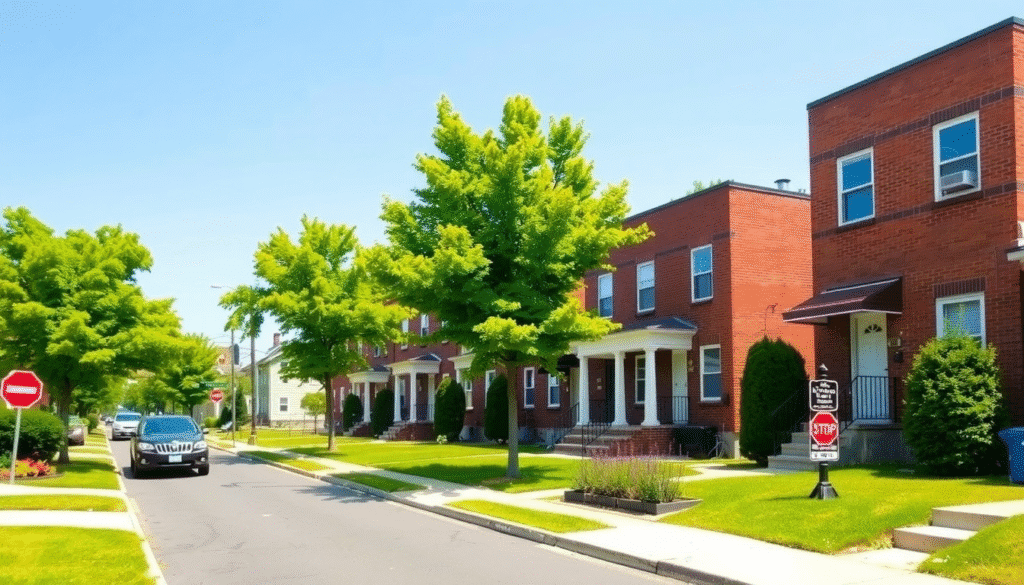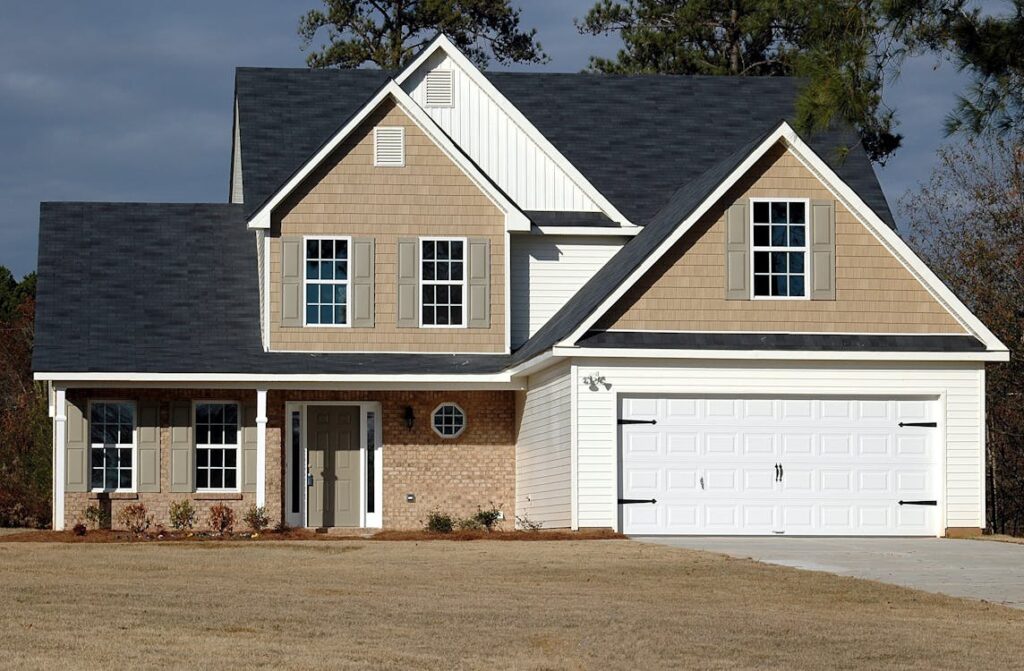Tenant retention is a critical focus for property managers and landlords, as it directly influences profitability and operational efficiency. By understanding the factors that contribute to tenant satisfaction and loyalty, property owners can implement effective strategies to keep their tenants happy and engaged. This article provides a comprehensive overview of tenant retention, including key takeaways, effective strategies, quotes from industry experts, frequently asked questions (FAQs), and relevant citations.
****Understanding Tenant Retention
Tenant retention refers to the ability of property managers to keep existing tenants in their rental units for extended periods. A high retention rate not only stabilizes rental income but also reduces the costs associated with tenant turnover, such as advertising, screening new tenants, and preparing units for new occupants.
****Key Takeaways
- Importance of Retention: High tenant retention rates lead to reduced vacancy rates and lower turnover costs, contributing to overall profitability.
- Effective Strategies: Implementing strategies such as lease renewal incentives, proactive maintenance, and open communication can significantly enhance tenant satisfaction.
- Benchmark Rates: A good tenant retention rate typically falls between 70% to 90%, indicating successful management practices
12
.
****Effective Tenant Retention Strategies
- Offer Lease Renewal Incentives: Providing financial incentives such as discounted rent or waived fees encourages tenants to renew their leases. Recognizing tenant loyalty fosters a sense of appreciation and commitment
13
.
- Prioritize Maintenance: Regular property maintenance and prompt repairs are essential for tenant satisfaction. A well-maintained property reflects a landlord’s commitment to providing a safe and comfortable living environment
23
.
- Enhance Communication: Establishing clear lines of communication allows tenants to voice concerns and feel valued. Quick responses to inquiries build trust and satisfaction, making tenants more likely to renew their leases
12
.
- Create Community: Organizing community-building activities helps foster a sense of belonging among tenants. Events such as social gatherings or tenant appreciation days can strengthen relationships within the community
35
.
- Utilize Technology: Implementing property management software can streamline communication processes, automate maintenance requests, and enhance responsiveness, ultimately improving tenant satisfaction
13
.
- Conduct Regular Inspections: Regular property inspections help identify maintenance issues before they escalate. This proactive approach shows tenants that their comfort and safety are priorities
35
.
****Quotes from Industry Experts
- “Retaining tenants is not just about keeping them in your units; it’s about creating an environment where they feel valued and appreciated.” — Property Management Expert
- “The costs associated with turnover can be staggering. By focusing on tenant satisfaction, landlords can significantly reduce these expenses.” — Real Estate Analyst
****Frequently Asked Questions (FAQs)
What is a good tenant retention rate?A good tenant retention rate typically falls between 70% to 90%, indicating that a significant portion of tenants choose to renew their leases
.How can I improve my tenant retention rates?Improving tenant retention can be achieved through various strategies such as offering lease renewal incentives, maintaining open communication, prioritizing property maintenance, and fostering community engagement
.Why is tenant retention important?Tenant retention is crucial because it reduces turnover costs, ensures consistent rental income, enhances the property’s reputation, and simplifies management operations
.
****Additional Insights on Tenant Retention
A significant aspect of tenant retention is understanding the specific needs and preferences of your tenants. Conducting surveys or informal check-ins can provide valuable insights into what tenants appreciate most about their living environment and what areas may require improvement. By actively seeking feedback, landlords can make informed decisions that align with tenant expectations, ultimately enhancing satisfaction levels.Moreover, fostering a positive atmosphere within the property is crucial for tenant retention. This includes creating common areas that encourage social interaction among residents, such as lounges or outdoor spaces equipped with seating and recreational facilities. When tenants have opportunities to connect with their neighbors, it builds a sense of community that makes them less inclined to seek housing elsewhere.Finally, recognizing milestones in a tenant’s residency can significantly enhance loyalty. Celebrating anniversaries with personalized notes or small gifts can reinforce the landlord-tenant relationship. As one property manager suggests, “A simple gesture like acknowledging a tenant’s anniversary in their home can create lasting goodwill and encourage them to stay longer.” Such thoughtful actions contribute to an overall positive living experience that tenants will remember when it comes time for lease renewal.
****Conclusion
In conclusion, effective tenant retention strategies are essential for maintaining a profitable rental business. By prioritizing tenant satisfaction through proactive maintenance, open communication, and community-building efforts, property managers can foster long-term relationships with their tenants. This not only enhances the living experience for residents but also contributes positively to the overall success of the rental property.






